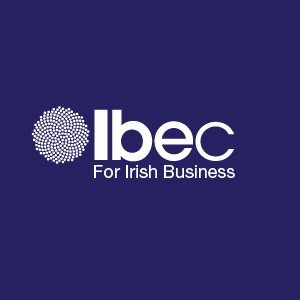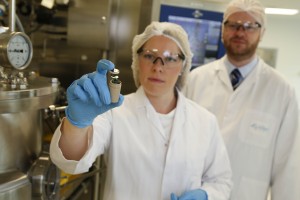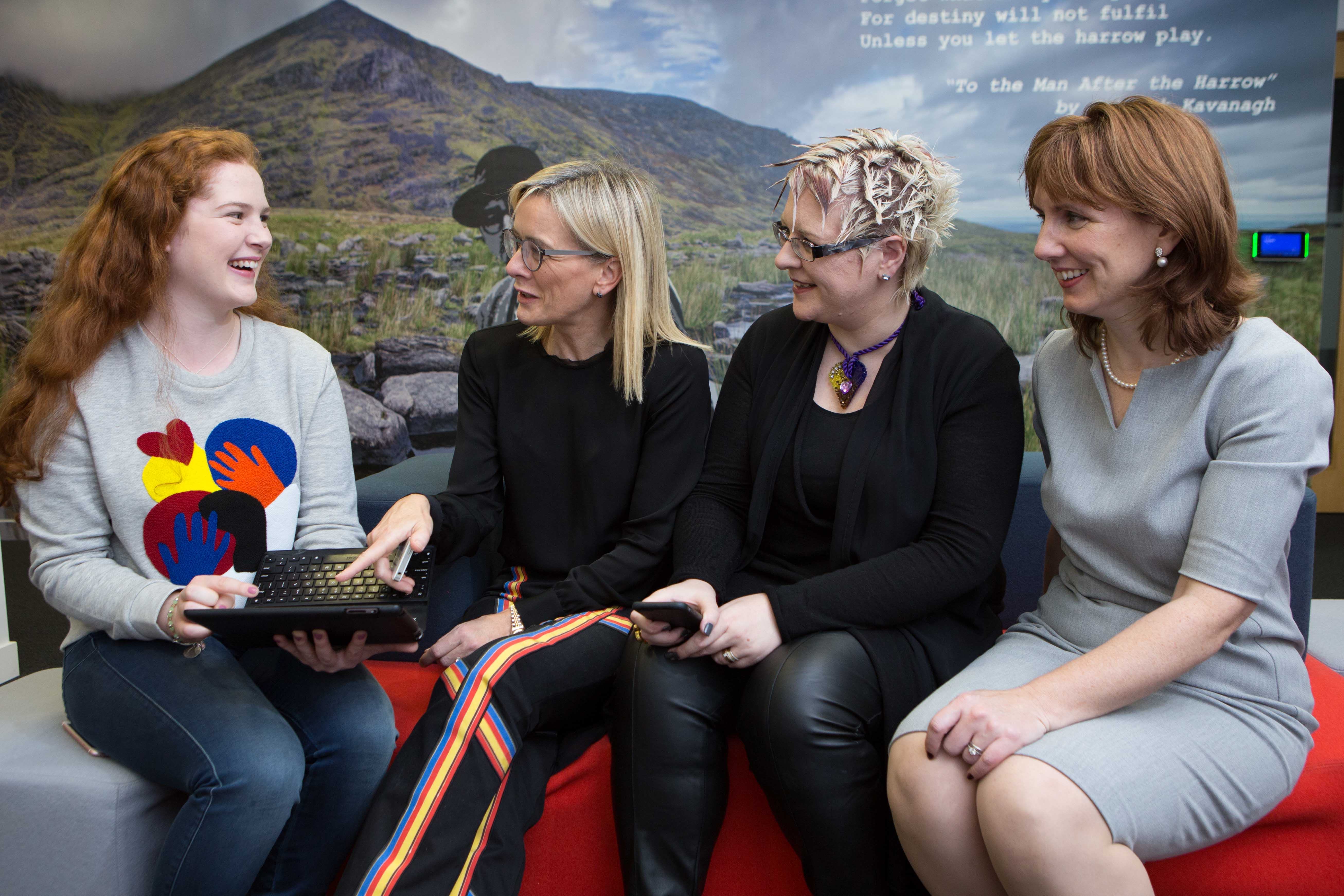7 January 2016
By Bryan Smyth
bryan@TheCork.ie
PharmaChemical Ireland and the Irish Medical Devices Association (IMDA), the Ibec groups which represent the pharmaceuticals and chemical sectors, and the medical technology sector, said that the record breaking number of entries at the BT Young Scientist 2016 is part of a larger trend of more students gravitating towards science, technology, engineering and maths (STEM).
The highest number of entries are from Dublin, followed by Cork and Limerick. These counties are also important clusters for the medtech as well as the pharmaceutical and chemical industries with Eli Lilly, Cook Medical and Stryker based there. These companies are joining the Ibec stand for the duration of the BT Young Scientist to build on their work to inspire students to pursue careers in STEM by demonstrating chemistry experiments as well as the latest medical technology to save and improve lives.
PharmaChemical Ireland Director Matt Moran said: “The Young Scientist has a long history of helping to develop emerging talent with 4,449 participating this year. As our sector grows, attracting talent is a priority. Ibec’s latest Economic Outlook revealed that as much as 70% export growth in 2015 came from the pharma and chemical sectors. These are very exiting times for the industry in Ireland with over €3 billion worth of capital investment in the sector marking a period of sustained growth. The industry already employs over 25,000 people and rapid expansion is expected to lead to another 2,500 new jobs to be created in the next few years. We’re delighted to be joined by Eli Lily at the Young Scientist as well as the Royal Society of Chemistry to show young people what the industry has to offer and what they can expect from careers in the sector.”
IMDA Director Sinead Keogh said: “With more than half of schools and over 2,000 entries in this year’s BT Young Scientist, it’s clear students are interested in science and engineering. The most recent leaving cert results showed an increase in the numbers taking physics, chemistry and biology. These young adults are going on to study science subjects in greater numbers at third level, but are unsure of the careers they want afterwards. Ireland is the highest employer of medtech professionals per capita in Europe at 27,000. More than 2,000 jobs have been announced in the sector since 2014 and IMDA’s most recent survey of CEOs shows that nearly half are planning to hire new staff. With 18 of the world’s top 25 medtech companies here such as Stryker and Cook Medical, students interested in science, technology, engineering and maths can have exciting careers developing cutting edge technology in Ireland.”



